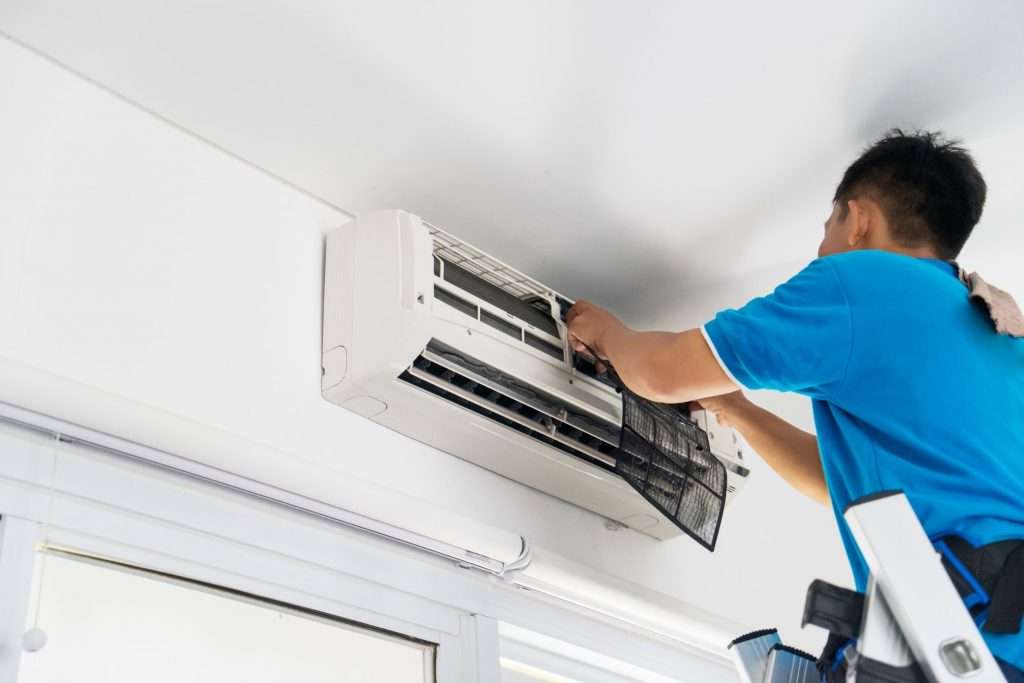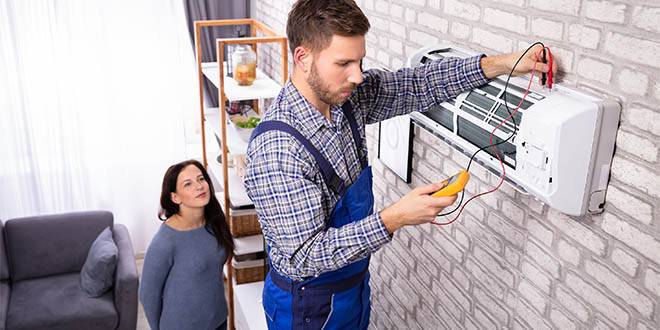If you’ve ever stepped into your home or workplace only to be greeted by an unpleasant odor, you might be dealing with a common issue: a smelly HVAC system. This problem can affect everyone, from homeowners to business owners, and can make any environment uncomfortable. Fortunately, with some practical DIY tips, you can address these odors and improve the air quality in your space.
The primary keyword, smelly HVAC system diy tips, is crucial to understanding how to tackle these odors effectively. In this article, we’ll explore the causes of these smells, how to identify them, and most importantly, how to fix them yourself.

Understanding the Causes of a Smelly HVAC System
Before diving into the solutions, it’s essential to understand what might be causing the odors in your HVAC system. Various factors can contribute to this issue, and identifying them is the first step towards a solution.
Common Causes of HVAC Odors
- Mold and Mildew: Accumulation of moisture in the ducts can lead to mold growth, which emits a musty smell.
- Clogged Filters: Dirty or clogged filters can trap dust and debris, contributing to unpleasant smells.
- Dead Animals: Sometimes, small animals can get trapped in the ductwork and, unfortunately, die there, leading to a foul odor.
The Importance of Regular Maintenance
Regular maintenance is crucial in preventing these odors from developing in the first place. Simple tasks like changing filters and inspecting ducts can go a long way in maintaining a fresh-smelling environment.
DIY Tips to Eliminate HVAC Odors
Now that we’ve identified the causes, let’s focus on some DIY tips to tackle these odors effectively. These solutions are easy to implement and can be done without professional help.
Regularly Replace HVAC Filters
One of the simplest ways to keep your HVAC system smelling fresh is to regularly replace the filters. This prevents the accumulation of dust and debris, which can contribute to odors.
Clean the Ductwork
Cleaning the ductwork can help remove mold and mildew buildup. You can use a vacuum equipped with a long hose to reach into the ducts and remove any debris.
Use Essential Oils
Adding a few drops of essential oils to your HVAC filters can help neutralize odors and leave your home smelling fresh. Lavender, lemon, and eucalyptus are popular choices.
Identify and Remove Dead Animals
If you suspect that a dead animal might be causing the smell, carefully inspect the ductwork and remove any carcasses. This can be a bit unpleasant but is necessary to eliminate the odor.
Preventing Future Odor Problems
Once you’ve addressed the current odor issues, it’s important to take steps to prevent them from occurring again.
Regular Inspections
Conduct regular inspections of your HVAC system to catch potential issues early. This includes checking for any leaks or moisture buildup that could lead to mold growth.
Professional Cleaning
While DIY tips are great, professional cleaning should be done periodically to ensure a thorough job. Professionals have the tools and expertise to reach areas that might be difficult to clean on your own.
Install a Dehumidifier
Excess moisture is a common cause of mold and mildew. Installing a dehumidifier can help reduce humidity levels, preventing mold growth in your ducts.
Conclusion
A smelly HVAC system can be a nuisance, but with the right DIY tips and preventative measures, you can tackle the problem head-on. Regular maintenance and inspections are key to ensuring your home or business remains a pleasant and healthy environment.
For more detailed solutions and professional advice, consider visiting Airco Mechanical.

FAQs
What can cause a musty smell in my HVAC system?
Musty smells are often caused by mold and mildew growth due to excess moisture in the system.
How often should I change my HVAC filters?
It is recommended to change your HVAC filters every 1-3 months, depending on usage and the manufacturer’s guidelines.
Can I clean the HVAC system myself?
Yes, you can perform basic cleaning tasks yourself, such as replacing filters and vacuuming ducts. However, for a thorough cleaning, it is best to hire a professional.
This article contains affiliate links. We may earn a commission at no extra cost to you.